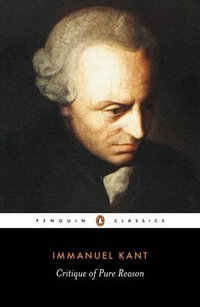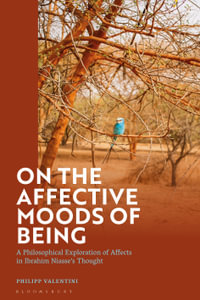Descartes Discourse on Method has long been regarded as a seminal contribution to modern philosophy. We can now see that it is also one of the key texts in the 'scientific revolution' of the seventeenth century.
René Descartes (1596-1650) did major research in optics, geometry, astronomy and physiology, although (partly because Galileo had just been condemned by the Inquisition) he published nothing until he was over forty. The Discourse forms the preface to his first collection of scientific papers (1637), sketching in a new method based on hypothesis and deduction which was soon to replace traditional techniques derived from Aristotle. This edition puts the work in context, by including extracts from Descartes' correspondence, the Rules for Guiding One's Intelligence and from The World - a posthumously published summary of his physical theories, which at one point in its chequered life had to be rescued from the river Seine. The age of Newton marks one of the great turning points in intellectual history; Descartes has a key place at its very heart.
About The Author
Rene Descartes was born in 1596 at La Haye (now called Descartes) near Tours, and educated at the Jesuit College at La Flèche. Like many of his contemporaries he contested the value of an education based on Aristotelianism and, after leaving college, attempted to resolve the sceptical crisis of his age by devising a method of reasoning modelled on the rigour and certainty of mathematics.
Despite claiming to avoid theological questions and stay within the scope of human reason, his writings involved him in numerous disputes with theologians of both the Catholic and (especially) the Reformed persuasion. In 1621, after a period spent in the Netherlands, Bohemia and Hungary as a soldier, he left the army and devoted himself to the study of science and philosophy. He retired to the Netherlands in 1628 and spent the next twenty years there, living and working in seclusion. Then in late 1649, after an invitation the previous year, he went to Sweden to take up a post instructing Queen Christina in philosophy.
Descartes' habit for many years was to rise not much before midmorning but the Queen wished to be tutored at five o'clock in the morning, three days a week. This and the cold weather placed a severe strain on Descartes' health and he contracted pneumonia, dying in Stockholm in early 1650, having only just begun to teach the Queen. His last words were reportedly a mon âme, il faut partir ('my soul, it is time to depart').

























